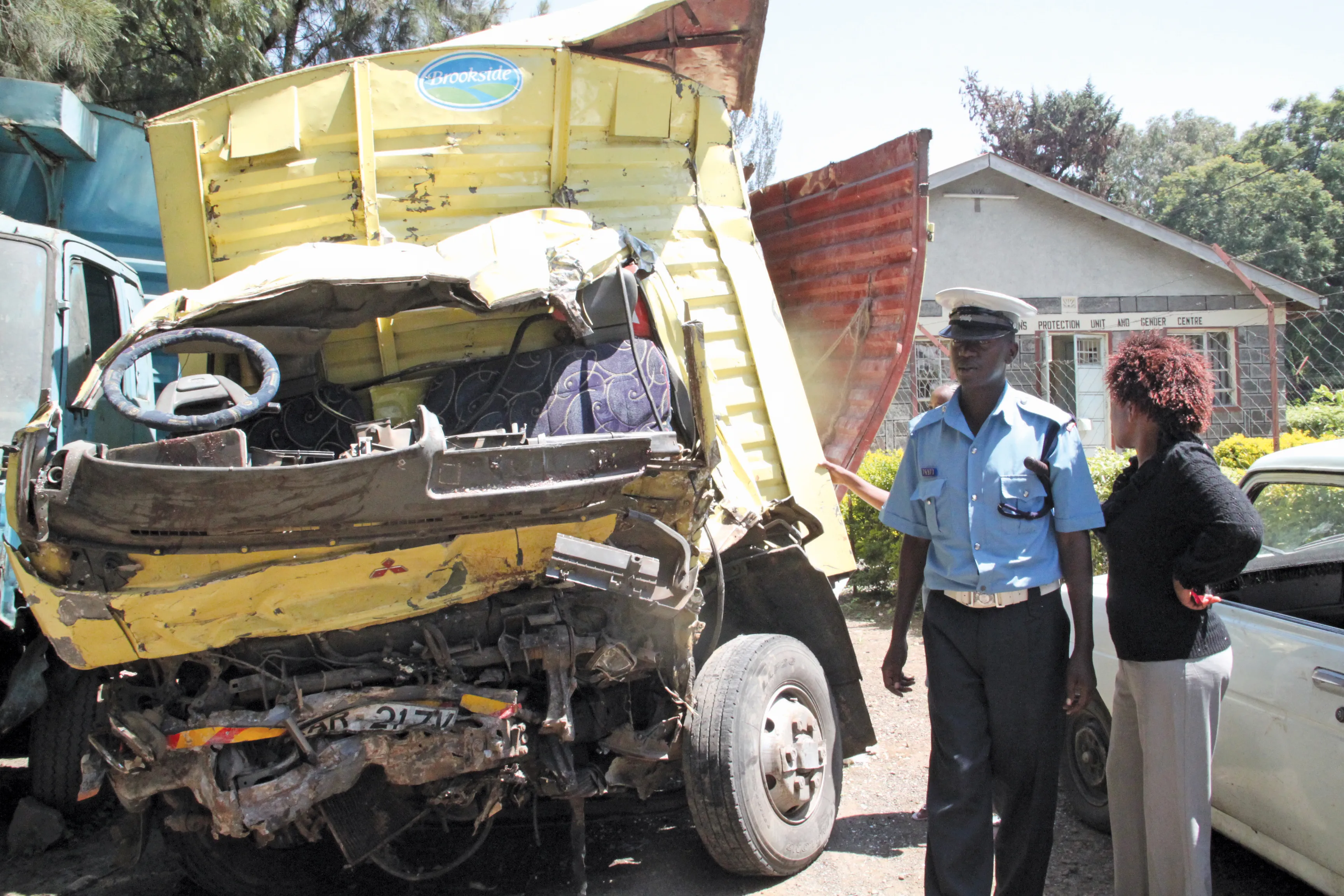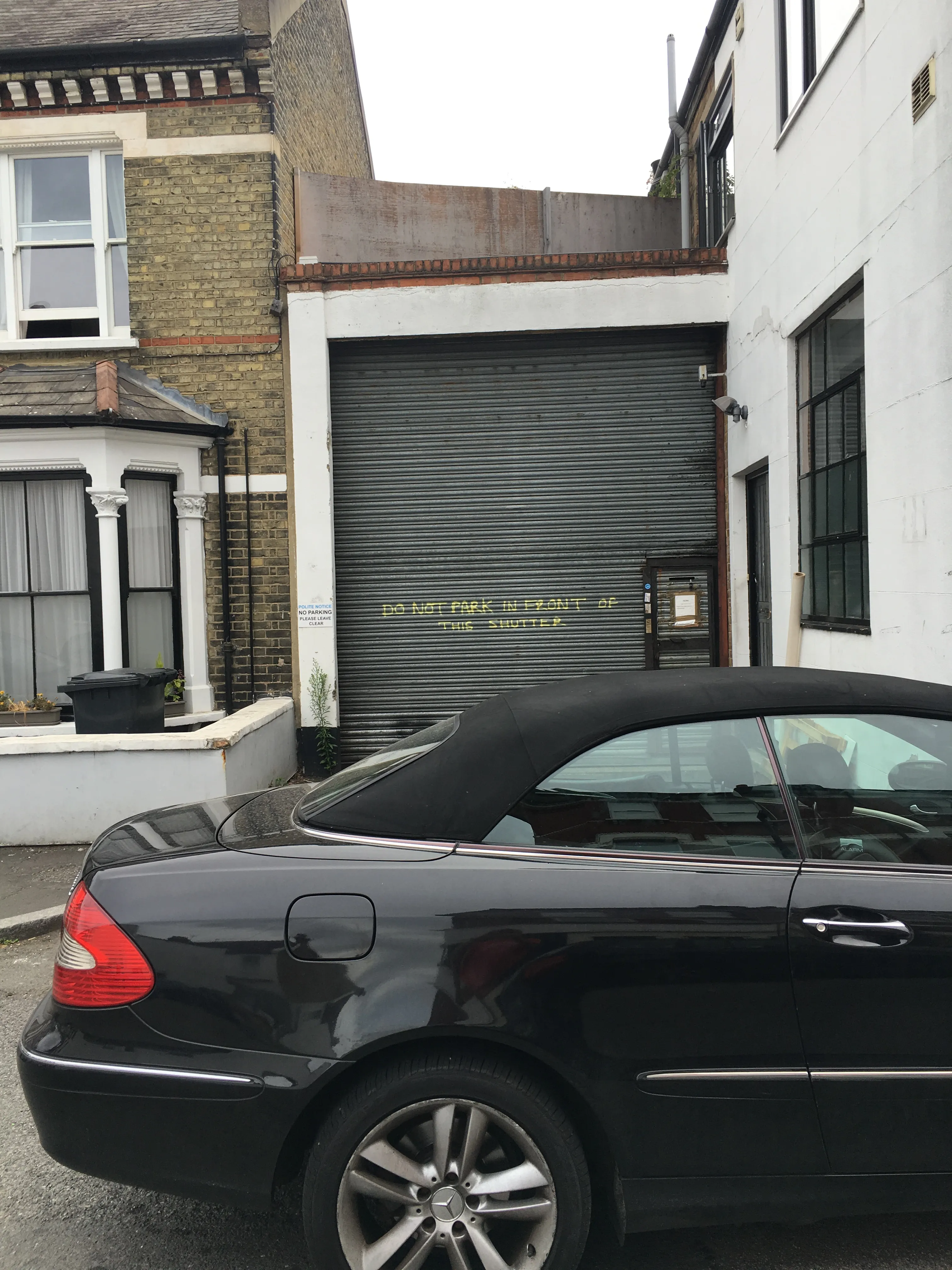A British man was given a 40 month sentence for his role in a conspiracy to defraud insurance firms through a long string of staged vehicle accidents. The man caused at least 93 car crashes, which cost the insurance sector some €1.8 million. The unemployed man charged his ‘customers’ a fee of around €555 for each crash that he staged, netting himself at least €51,000 in the three years that he carried out his crimes. The money was spent on holidays and other luxuries for himself and his girlfriend. His favo
February 23, 2012
Read time: 2 mins

A British man was given a 40 month sentence for his role in a conspiracy to defraud insurance firms through a long string of staged vehicle accidents. The man caused at least 93 car crashes, which cost the insurance sector some €1.8 million. The unemployed man charged his ‘customers’ a fee of around €555 for each crash that he staged, netting himself at least €51,000 in the three years that he carried out his crimes. The money was spent on holidays and other luxuries for himself and his girlfriend. His favoured technique for causing a crash was to brake suddenly at roundabouts, resulting in many low speed impacts as other vehicles collided with him. The fraud was exposed when he was recognised by workers in a building overlooking the roundabout where he staged many of the accidents. Claims submitted included those for whiplash injuries from people who were not present at the time, while the man also caused additional damage to the vehicles himself so as to increase the repair costs. He was found guilty of 17 fraud charges, while 24 other people were also sentenced for their roles in the crime. Police said that the man was unaware of the trauma he caused for other people involved in the crashes he caused, although it is not clear how many of his victims are queuing up to sue him. Should he ever wish to insure a vehicle in his own name on his eventual release, it seems likely that an insurance company would request an annual premium payment of record proportions.









